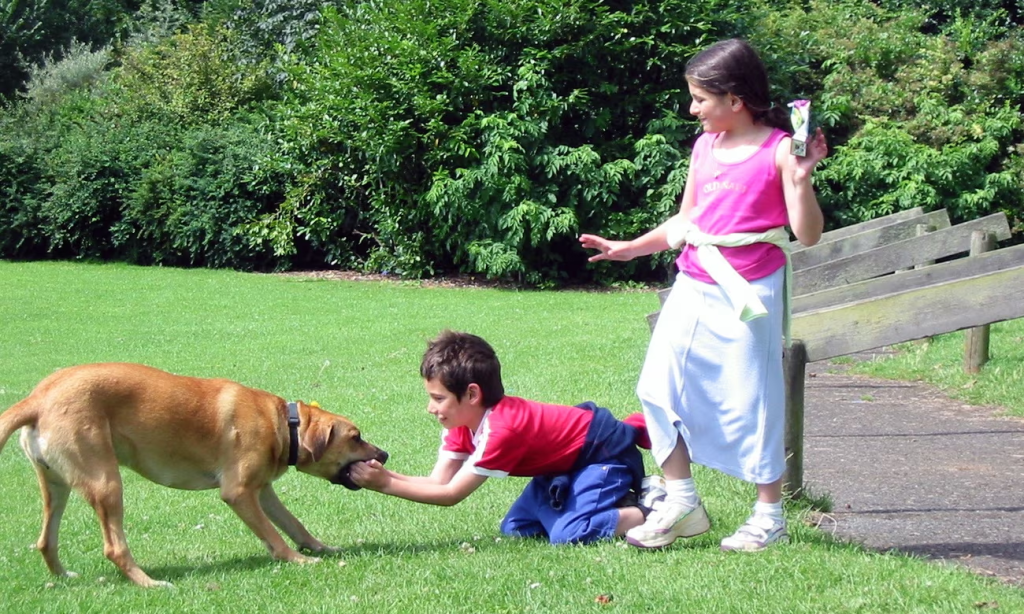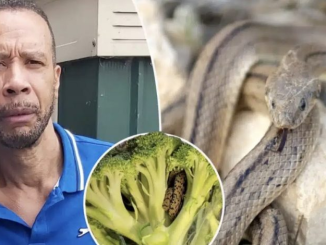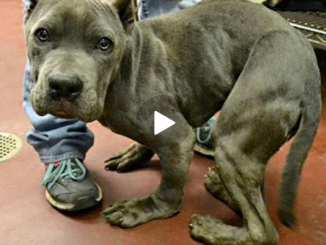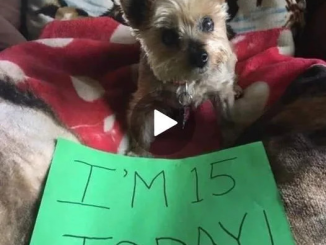
Mum, Dad, my brother Michael: everyone in the family got more affection from our ridgeback-staffie cross. And guess whose bed she used to poo on…
I think the tone was set when Ella threw up over me on the way back from the Dogs Trust. She was three months old, rolling around on the back seat between me and my twin brother, Michael (we’d just turned seven), and wasn’t enjoying her first trip in a car. She could have been sick anywhere – over the seat, over the floor – but for some reason she decided to climb on to me first.
It was the start of a beautiful but strangely one-sided friendship. Ella, a ridgeback-staffie cross, was the perfect dog: playful, energetic, naughty and tolerant. She would let us poke and prod her without complaint, turn her ears inside-out or dress her up in T-shirts or the thick woollen poncho my Greek Cypriot grandma knitted her for the British winter. And she was endlessly loving, at least to the other members of the family. Me? Too often it was as if I didn’t exist. If Michael and I were sitting on the sofa, she’d bound up to him. If I came home after a day out with my dad, he was the one she’d jump at. If I tried to take her for a walk by myself, she’d drag her feet and insist that I fetch my brother.
To add insult to injury, about once a year she would do a poo in the house. Not just anywhere, though: she’d climb the stairs to my room and leave it in a neat pile on top of my bed.

I can’t pretend I wasn’t offended by Ella’s attitude – I loved her just as much as anyone. But it took me a while to realise that in her eyes we were both bitches fighting for our place in the pack. I read that dogs are 98.8% wolf, even yappy little chihuahuas. Ella was a definite she-wolf and my mother (she who opened the tin of dog food every night) was the undisputed alpha female. Ella could handle that fact, but she didn’t want to be the omega female. That was me.
Working out the reasons for Ella’s lack of sisterhood, understanding that her indifference was atavistic and not just casual, didn’t make me any less jealous of my brother, who always took great pleasure in the fact that Ella seemed to prefer him. But I resigned myself to the situation. And then one day (happy ending, anyone?) everything changed. I must have been 16 or 17, we’d been away for a fortnight in France, and when we got back it was me she ran up to first, whining and twisting with pleasure at seeing me again. After that it was like all those years of competition had never happened. We were best friends for ever, or at least for the couple of years she had left. Ella finally loved me.
Guide Dogs of America Needs Volunteer ‘Puppy Raisers’

Working with wonderful woofers, the sort of furry joy-bringers that make a difference in people’s lives?
Pitching in with a pack of incredible pups can make a lasting impression on a person’s mind, outlook, and, for sure, their spirit, too.
And that chance to lend a hand, your time, some empathy and understanding, and a whole lot of love is coming up, on Dec. 11, thanks to a “puppy raiser” training session with Guide Dogs of America.
This is a virtual happening, via Zoom, and it will be the final online information event before in-person gatherings return to the Sylmar campus in 2022.
Guide Dogs of American pairs trained pups with “… individuals who are blind/visually impaired and service dogs for veterans and children with autism,” with dogs also being placed in “hospitals, schools, and courtrooms.”
“Our highly skilled canines become trusted companions that increase people’s confidence, mobility, and independence. All programs and services, including transportation, personalized training, room/board, and postgraduate support, are provided at no cost to the recipient,” states the organization on its site.
And helping the organization achieve its mission?
Puppy raisers, those dedicated volunteers who are among some of the first people a young, in-training dog gets to know, trust, and adore.
If you choose to pursue volunteering for this life-changing role, there’ll be a few initial considerations, as well as matters you’ll want to mull.
One consideration? Where you reside. You and the puppy in your care will need to call upon the Sylmar campus on occasion, and attendance at both monthly puppy group meetings and “puppy kindergarten classes” is required.
The Dec. 11 information session will address what you can expect from meetings and classes, as well as what at-home life will be like with the future guide dog you’re helping to raise.
Questions covered include the breeds and types of puppies that volunteers raise, what can be expected in terms of puppy proofing and such, what out-of-pocket expenses might look like, and how long the puppy will live in your home.
And, yes: “(W)hat happens when the dogs ‘go off to college’ to begin formal training” is also a central topic of the session, as well as how dogs are paired with their forever people once they’ve graduated.
The word straight from Sylmar? “We ALWAYS need puppy raisers,” says Stephanie Colman, the coordinator of the puppy program.
So even if you can’t join the December Zoom, you can plan to attend an in-person information session on the Guide Dogs of America campus, in early 2022.
Could this be your new year’s resolution?




 A birthday is a time to celebrate and feel loved. It’s an opportunity to appreciate the wonder and uniqueness within yourself. While
A birthday is a time to celebrate and feel loved. It’s an opportunity to appreciate the wonder and uniqueness within yourself. While
Leave a Reply